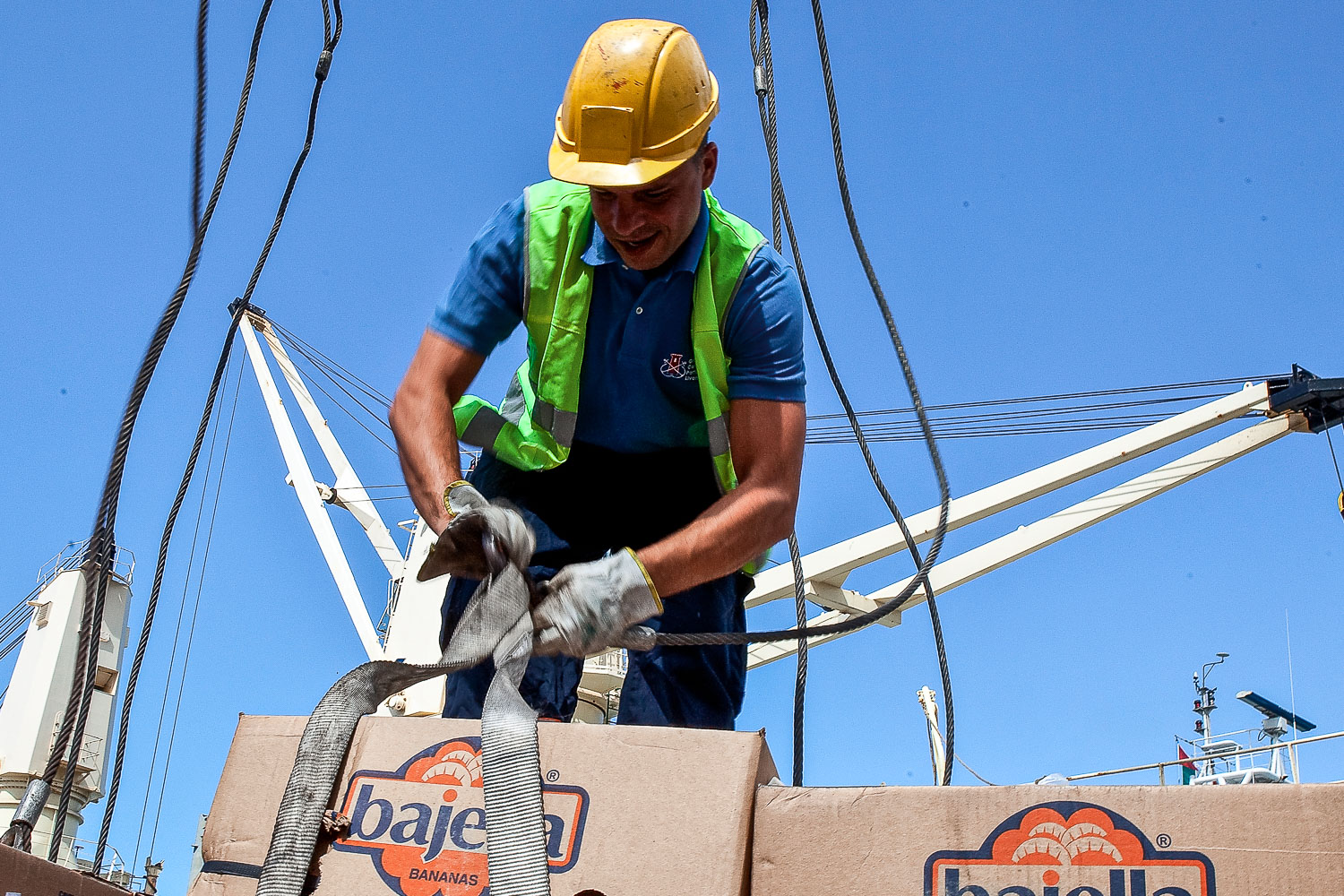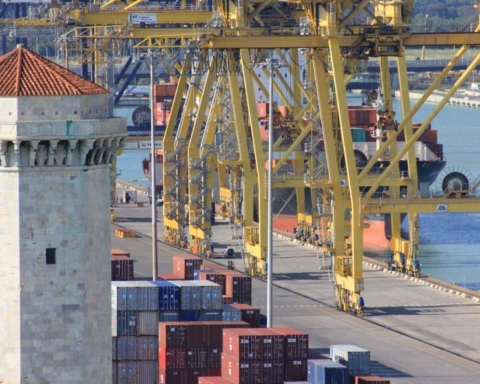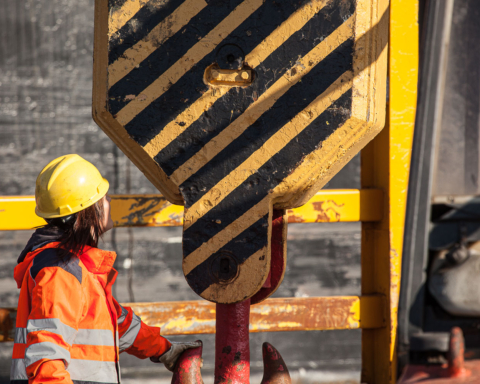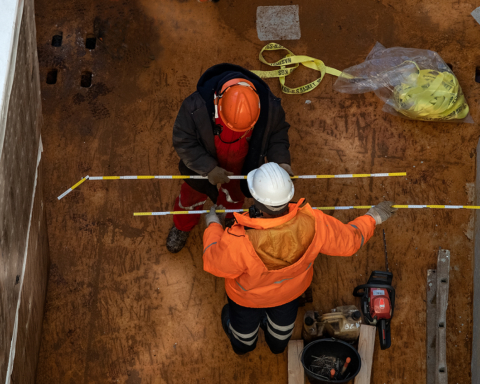The port work issue has returned to the forefront of national debate in the industry following two recent events: the renewal of the sector’s national collective agreement and the deterioration of industrial relations in Genoa, which led to last Friday’s strike. On the one hand, therefore, a tangled knot that is unravelling (the contract), and on the other a knot that is once again becoming tangled (temporary port manpower). The main Hamletic doubt to be resolved remains in the background: what will be the importance, role and value of work in the future of our ports?
The Decree Law No. 169/2016 reforming Law No. 84/94 in this respect had “imposed” a strategic rationale on the newborn Port Network Authorities (the port workforce plan), which unfortunately was limited, with a few rare exceptions, to an inventory of port workers. What is lacking today, therefore, is an updated, clear analysis of port work that can be used for developing a credible, sustainable, strategic vision for the future.
In my opinion, this critical assessment is also necessary for giving the right impetus to the transport chapter of the National Recovery and Resilience Plan. The European Commission was in no doubt about this. In a recent communication to the European Parliament[1] it described work as by far “the most valuable resource” because without the support and commitment of the labour market the sustainable and intelligent transition of the transport sector will not be possible.
Work is therefore a fundamental asset for the transport industry in general and, in particular, for port activities. The country will be able to catch its breath thanks to a substantial cash injection and an ambitious plan to strengthen its infrastructure, but it will only survive if there are people capable of making good use of their technical and intellectual skills.
Not only the pandemic, but also other global processes that came before it have helped to shape a new port scenario by redefining the roles and competences of each actor involved. The increase in the size of ships has led, for example, not only to a reduction in the number of ports of call, but also to a greater concentration of employment.The same is true for cargo, thanks to the consolidation of the major global shipping companies into a small number of alliances, which leads to an increase in traffic peaks and intermittent labour demand within ports. But it is not only labour that is under pressure from large, concentrated and discontinuous traffic volumes, but also the managing bodies of the port areas whose fortunes are tied to a limited number of operators.
In the face of process robotization and market integration, rather than downsizing port work, there is a need to increase its value and thus counter the risk of trivializing human activity and marginalizing it.
The institution of the New Skills Fund by the Ministry of Labour in agreement with the Ministry of the Economy, among the measures to counter the negative economic impacts of the pandemic on production activities in general, went precisely in this direction, i.e. making the most of the temporary inactivity of the workforce to strengthen and increase innovative skills and know-how through targeted training programs.
It is therefore appropriate to build on this experience also in the context of the definition of the National Recovery and Resilience Plan, by allocating adequate resources to update and improve port worker skills. A new port labour policy should ultimately be based on the path that was badly set in motion by the Port Organizational Plans. A policy with the courage to define and subsequently apply uniform criteria and with more determined coordination by the Ministry of Infrastructure and Transport and the Port Network Authority Presidents Conference and the constant involvement of the social partners.
The Italian chapter of the wide-ranging and ambitious Next Generation EU programme, if it is to support the revitalization of European and national ports, must contain relevant and effective measures aimed at supporting and updating those people without whom ports are at a standstill today (as happened in Genoa last week) and without whom in the future – without a shadow of a doubt – they could still do very little.
Translation by Giles Foster




